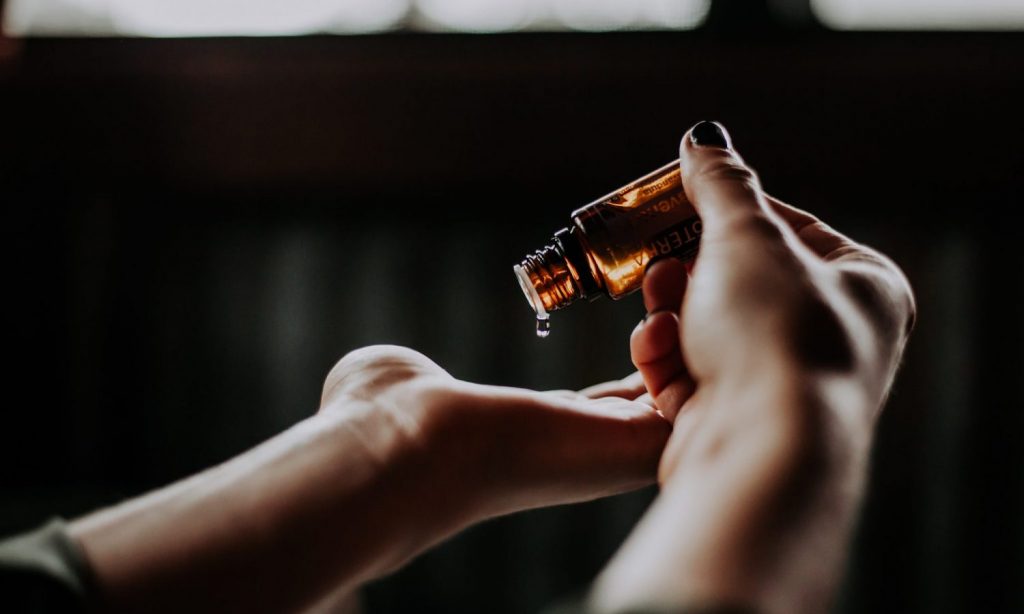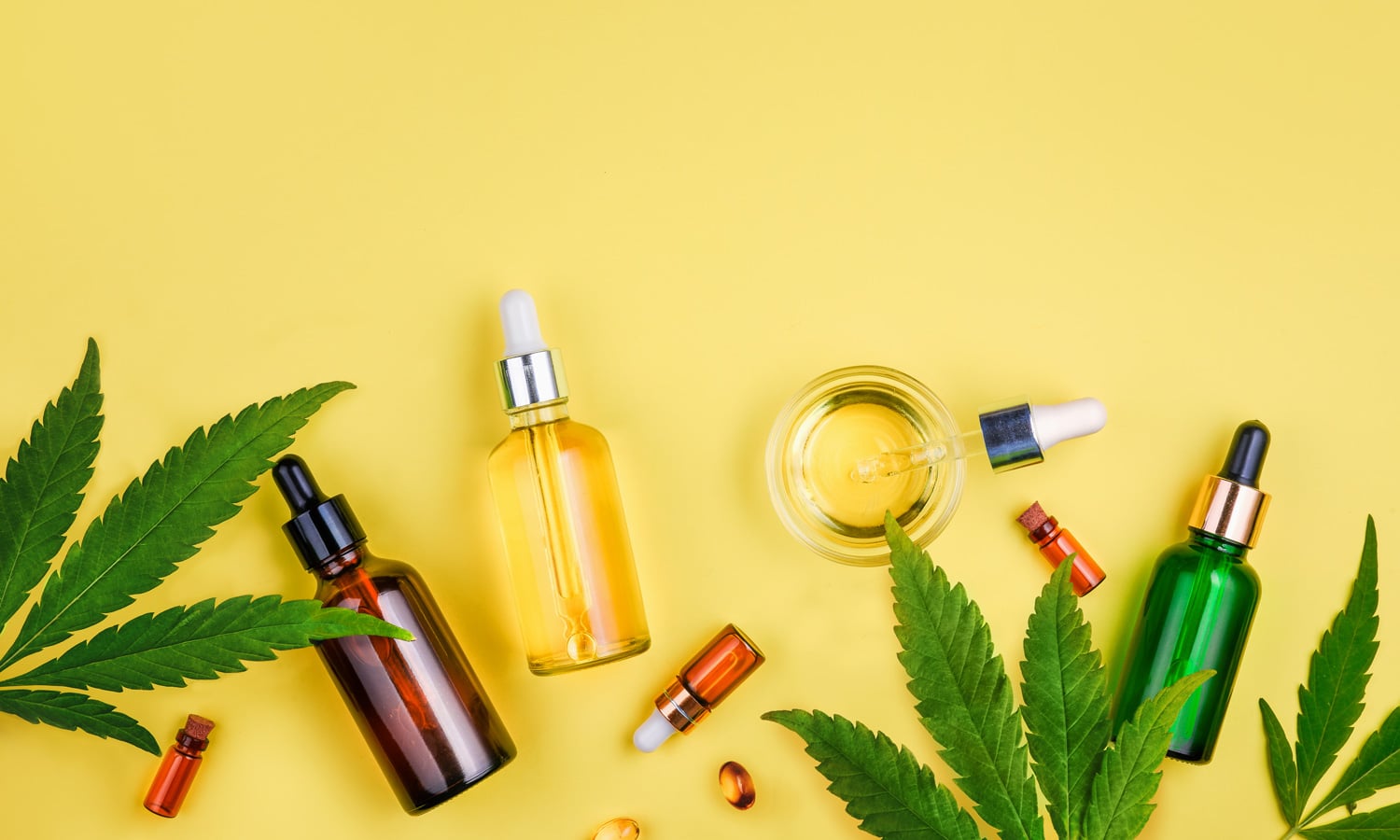CBD acts as an antagonist when it comes to its relationship with your cannabinoid system, the opposite of what THC does.
Tolerance breaks are synonymous marijuana use. These breaks allow people to reboot their endocannabinoid system, ensuring that the drug affects them in ways that are efficient and that provide tangible results.
Like any other substance, developing a tolerance for marijuana, specifically THC, is problematic for those who consume it regularly. Seasoned users find themselves buying and consuming more cannabis, trying to experience the effects they used to have with just a few hits. While always annoying, this is complicated for people who use the drug medicinally.
CBD is a different matter. There’s a lot of mixed evidence out there, suggesting that more research is needed in order to understand the compound and the way in which it acts in our bodies.

There are many reasons why you’d want to keep a low tolerance when consuming CBD, whether it’s to save money, out of fear of triggering drug tests, or for simply not wanting to consume as much of it in your everyday life. If you’re taking CBD as a way to treat a medical condition, it’s best to talk to a doctor before making any decisions and tampering with your dosage. Stopping CBD medications might cause a flare-up in inflammation, pain, or whatever condition you are treating.
When it comes to the effect that CBD has on the body, there are several theories swirling around, most of them emphasizing how different CBD and THC are. Users who’ve experimented with CBD say that sometimes the compound takes a while to have an effect, requiring users to take it for a couple of months in order to experience some change or improvement.
RELATED: Why Your Marijuana Tolerance Break Isn’t Working
CBD acts as an antagonist to your cannabinoid system, the opposite of what THC does. Unlike THC, CBD reduces the binding activity of your CB1 receptors. CBD tends to control the negative side effects of THC, suggesting that the compound limits how much binding occurs with your CB1 receptors. Strains that have high content of THC & CBD tend to produce mild experiences that don’t lead to paranoid highs while strains that feature high amounts of THC are much more likely to result in a marijuana overdose.
RELATED: Does It Matter If Your CBD Comes From Industrial Hemp Or Medicinal Cannabis?
CBD might do the opposite of what THC does in our systems, producing a “reverse tolerance.” Instead of us building a tolerance for the compound and needing to consume more of it to experience the same effects, continuing to ingest CBD might multiply the natural endocannabinoids in our bodies, meaning that once this process begins we can consume less CBD and experience the same powerful results.

While more research is necessary in order to draw more definitive conclusions, tolerance breaks might not apply to CBD. The compound is doing its own thing and requires someone who’s patient if they desire to experience its full range of effects.
If you’re not experiencing benefits from CBD use, there might be several reasons why. The CBD market is booming, meaning that a lot of unreputable places are making products, which might not be producing the desired effect. You should also give CBD some time to work in your body since it’s a compound that builds up in your system the more you’re exposed to it.


